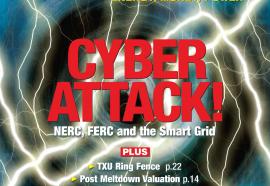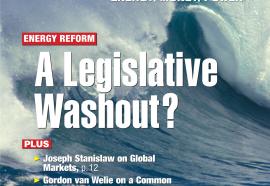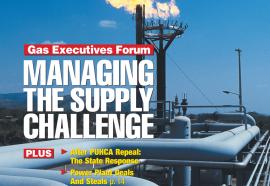Cyber Attack!
Special Report on Cyber Security and CIP Compliance
Utilities are gearing up for compliance with the new CIP standards. NERC, however, has taken a flexible approach to implementation that leaves some companies confused. Can utilities comply by 2009, and will their measures be effective in securing the grid?










